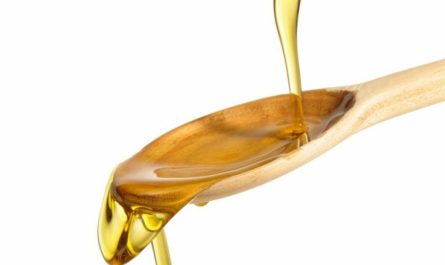Marine Lubricants Market: Essential for Smooth Sailing of Ships
Lubrication: A Critical Component for Ship Engines
Proper lubrication is key to the smooth functioning of any internal combustion engine, including the large, powerful engines that power modern ocean-going vessels. When lubrication breaks down, friction increases dramatically, leading to excessive wear and component failure. Careful selection and maintenance of lubricants is thus essential to sustain the operations of marine engines over long periods of time under demanding ocean conditions. In this article we’ll explore the global marine lubricant market outlook.
Marine Lubricants Must Withstand Harsh Marine Environment
Ships endure constant motion and vibration from waves along with exposure to saltwater, moisture, and temperature extremes. Lubricants used in marine engines must withstand these harsh operating conditions without deteriorating in performance or breaking down prematurely. Standard automotive or industrial lubricants are not suitable, as they lack the necessary additive packages to protect against corrosion, oxidation and other degradative effects from the marine environment. Purpose-formulated marine lubricants contain robust detergent-dispersant and antioxidant formulations keeping engines clean and protected.
Meeting Diverse Technical Requirements
Ships have a wide variety of engine types, from large slow-speed two-stroke engines to medium and high-speed four-stroke engines. Lubricants suitable for one engine type may not work for another. Marine lubricants must meet diverse technical requirements for properties like viscosity, TBN (total base number) and performance parameters. Proper viscosity is crucial to ensure complete lubrication of small clearances in engines running at varying loads and temperatures. Adequate TBN maintains cleanliness and neutralizes acid formation. Formulations tailored for different engines maximize service life and minimize downtime.
Qualities of Effective Marine Engine Oils
Some key qualities that marine engine oils must possess include:
– Excellent thermal and oxidation stability to withstand severe thermal stresses encountered in engines.
– Effective detergency and dispersancy to neutralize soot and corrosive combustion byproducts, keeping engines clean.
– Good anti-wear capabilities to protect components against damage from friction.
– Excellent rust and corrosion inhibition for protection against saltwater intrusion.
– Suitable viscosity characteristics for diverse operating temperature ranges.
– Compatibility with seals and elastomers used in engines.
– Extended drain intervals for minimized maintenance downtime.
Marine Gear and Hydraulic Oils Demand Special Attributes
Gears and hydraulic systems on ships operate under high loads and pressures while being exposed to seawater and moisture. Marine gear and hydraulic oils must have robust anti-wear and extreme pressure additives preventing damage to components. They also require excellent viscosity-temperature properties and oxidation resistance ensuring fluid films remain intact. Carefully selected rust and corrosion inhibitors maintain system integrity affected by saltwater. Proper air release characteristics are important where hydraulic fluids may get aerated.
Meeting Strict Industry Standards and Regulations
Major classification societies like ABS, DNV-GL and LR have stringent specifications that marine lubricants must conform to for approval and recommendation for use. Parameters covered include viscosity, performance capabilities, material compatibility and other engineering tests. Lubricant formulations are evaluated to ensure they will not lead to engine issues or non-compliance with emissions norms over long service intervals. ISO, CIMAC and OEM approvals further validate marine lubricants for reliable performance meeting industry and end-user requirements.
Reliable Supply and Technical Support Needs
Shipping is a global industry relying on consistent lubricant supply to major ports worldwide. Leading marine lubricant manufacturers operate extensive global supply chain networks stocking approved products at all major maritime hubs. Onboard technical support and oil analysis services help detect maintenance issues early, avoiding breakdowns. Product selection guidance tailored to vessel type, operating profile and emissions compliance supports optimal ROI (return on investment). Collaborative R&D efforts further develop advanced lubricant technologies for cleaner engines and reduced downtime.
In summary, proper selection and maintenance of marine-grade lubricants plays a crucial role in sustaining the reliable operations of ocean vessels over long periods. Purpose-formulated to withstand harsh marine environments, approved marine lubricants meet diverse technical performance needs while maximizing equipment life and minimizing total cost of ownership over years of service. Global supply reliability and technical expertise from major manufacturers further enhance value delivery to the marine lubricant market.



